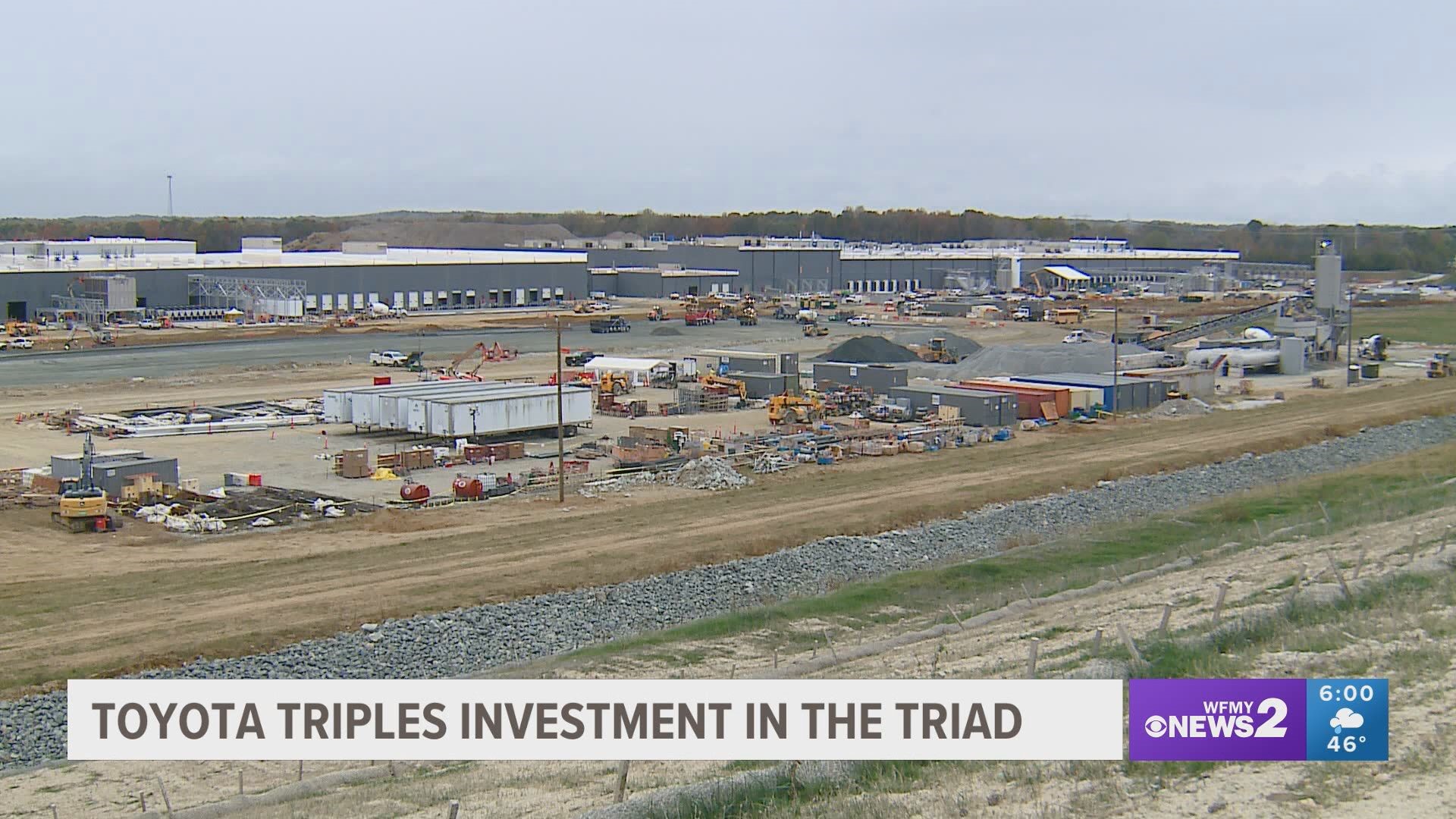- About 80 percent of the Biden administration's funding for clean energy projects like battery manufacturing and electric school buses has gone to Republican districts, so President Trump is hurting his own voters by attempting to rescind those policies. (New York Times)
- Automakers like Ford are starting to realize that that powering already-huge trucks with big, expensive batteries isn't catching on with consumers. The future may be extended-range electric vehicles that use a gas engine to recharge batteries when they run low. (Heat Map)
- Freight railroads are pressing Congress for legislation forcing the trucking industry to pay more for highway funding, arguing that truckers get a subsidy railroads don't. (Roll Call)
- Service cuts are bad, but if there's really no money to avoid them, it's better that they're planned and predictable than predicated on who shows up for work that day, argues transit consultant Jarrett Walker. (Human Transit)
- A section of Interstate 40 in North Carolina that collapsed during Hurricane Helene will reopen by March 1 (Washington Post). Why can't governments complete transit projects that fast?
- Despite rising ridership, Bay Area Rapid Transit's fiscal cliff is still coming in 2026, and no help from the Trump administration is expected. (SFist)
- Detroit transit is also likely to suffer under a new U.S. DOT edict tying transportation funding to marriage and birth rates. (Bridge Detroit)
- Minnesota Gov. Tim Walz is robbing Peter to pay Paul by cutting general fund spending for transit and replacing it with a new sales tax for transit (MinnPost). Likewise, there are concerns in New Jersey that legislators could simply replace money the state is already spending with Gov. Phil Murphy's new corporate transit fee (Monitor).
- Michigan Gov. Gretchen Whitmer is floating a $3 billion plan to fund road repairs by raising corporate taxes. (CBS News)
- Indiana Gov. Mike Braun is targeting high-spending suburbs like Carmel, which has the most roundabouts in the country. (Indianapolis Star)
- A proposed bill in Washington state would allow cities to designate "shared streets" where cyclists and pedestrians get priority and speed limits are 10 miles per hour. (Seattle Bike Blog)
- Austin is considering several changes to parking laws that would improve safety for cyclists. (KVUE)
- The St. Petersburg bike scene is thriving since the city implemented a Complete Streets strategy. (The Crow's Nest)
- Tuscaloosa County, Alabama is prioritizing bike and pedestrian safety projects. (ABC 33/40)
- Ever wanted to know what it's like to run a bike shop? Listen to this Velo podcast.
Today's Headlines
Thursday’s Headlines Punch Themselves in the Face
President Trump's attempts to impound the Biden administration's clean energy spending will result in thousands of layoffs in the "battery belt" encompassing Southern and Midwestern red and swing states.

A $12 billion Toyota battery plant in North Carolina’s 9th District, which voted 58 percent Republican last year.
|screencap via WFMYStay in touch
Sign up for our free newsletter
More from Streetsblog USA
Urban Truth Collective: Straight Talk About The Joy Of Cities In An Age Of Disinformation
The Three Tenors of Urbanism explain their latest effort: The Urban Truth Collective.
Study: AVs Will Super-Charge VMTs
Yes, robocars address many of our traffic violence troubles, but they may fail to uproot the deeper rot of car dependency that has hollowed out our society
Thursday’s Headlines Try New Arguments
An urban planner makes a conservative economic case for tearing down freeways running through cities.
Three Theories About Why U.S. Car Crash Deaths Are Plummeting
Car crash deaths are down by 12 percent, a top group estimates — but why?
Wednesday’s Headlines Don’t Got a Fast Car
If Tracy Chapman had saved "just a little bit of money" these days, she'd be in trouble.
Dear Trump: the Future Belongs to the Efficient
Trump abandoned climate protection goals claiming that cheap fossil fuel helps consumers and the economy. A mobility-focused analysis shows that he is wrong: resource efficiency is the key to health, economic success and happiness.





